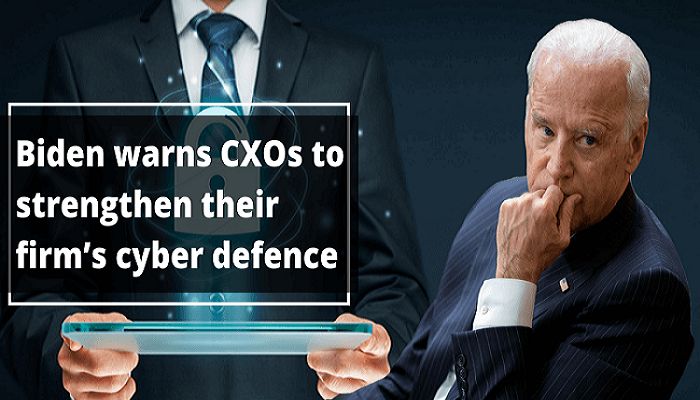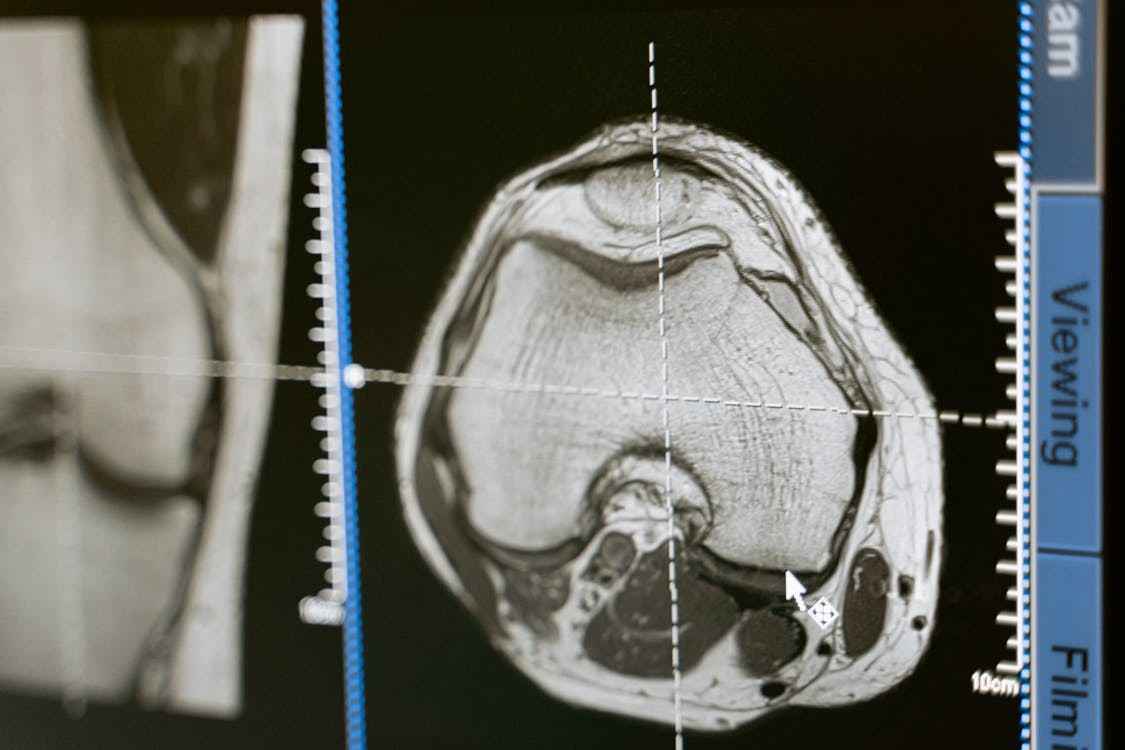WHO IS A CIO?
CIO stands for Chief Information Officer is the person who looks after the systems of the company which is related to information technology at the process level and from the point of view of planning.
He is also the person who also analyzes the benefits of new technologies can offer, identify the ones that are more interesting and evaluate the operation.
It focuses on improving the efficiency of internal processes to ensure information flows accordingly.
As the technology in the present day is increasing and reshaping globally the importance and popularity of CIO have increased.
The role of the CIOs has changed over the decades and will be changing in the future as technology is evolving every day.
One of the major responsibilities of the CIO is to predict the future of the technology for the company so that the company has advantages over others.
The number of CIOs has increased with the expansion of information technology and computer technology in business.
A CIO must be agile, quickly learn about the new trends, changes, and the needs of the organization, its people, and who serves the company.
WHO IS A CFO?
CFO stands for Chief Financial Officer or also known as the Financial Director who is in the charge of the economic and financial planning of the company.
They decide where and when to access and invest in the risks to increase the value of the company.
The duties of the CFO is to do financial planning, manage financial risks, keeping the track of the cash flow and expenditures, handle investments and taxation issues, create and enforce internal accounting and financial policies, collect and manage financial data, report financial performance on board, and helping develop the strategic direction of the company.
The CFO is also charged with collaborating with the CIO on the technology investments and strategies, also in some cases, the Information technology department including the CIO reports directly to the CFO.
In today’s world, the CFOs are the trusted advisor of the CEOS and also partners in their business. They play a crucial role in shaping the company’s long-term goals. They also often serve as the crucial intermediary between the c-suite, the back office, and the frontline business units of the company.
They also play the role of a diplomat with the third parties as they require continuous vouch of the financial viability of the company.
Hence, the CFO is the face of the company’s sustainability to customers, vendors, stakeholders and bankers.
HOW TO MANAGE THE RELATIONSHIP BETWEEN THEM?
The relationship between these two roles is always overlapping and dependent on each other. There are also ways in which you can manage the relationships between them and they are as follows:
1. Always keep yourself updated regarding technology. Be in touch with the latest trends in technology and information technology.
yourself updated will help in making decisions with the others about the company.
2. Always help the CIO if he/she needs any kind of knowledge about the finances or anything related to it.
Both the people working with the same mental level will help the company with future goals.
3. Respect each other’s field of work. It is a saying that when you give respect you will receive respect. If you would respect his work he will respect your work too.
If you ever had a doubt about each other’s work conduct a meeting and clear the air so that work goes smoothly.
4. Building relationship is the most important work to do. If you build a healthy and cordial relationship with each other the work will never hamper and you will also have a good friend.
Going to lunches or even coffee will be a foundation for building this relationship.
Flexibility and collaboration are two things that go hand in hand and when achieving it any working relationship will be manageable for you and you can work in a healthy environment with good people.
-black.png)









